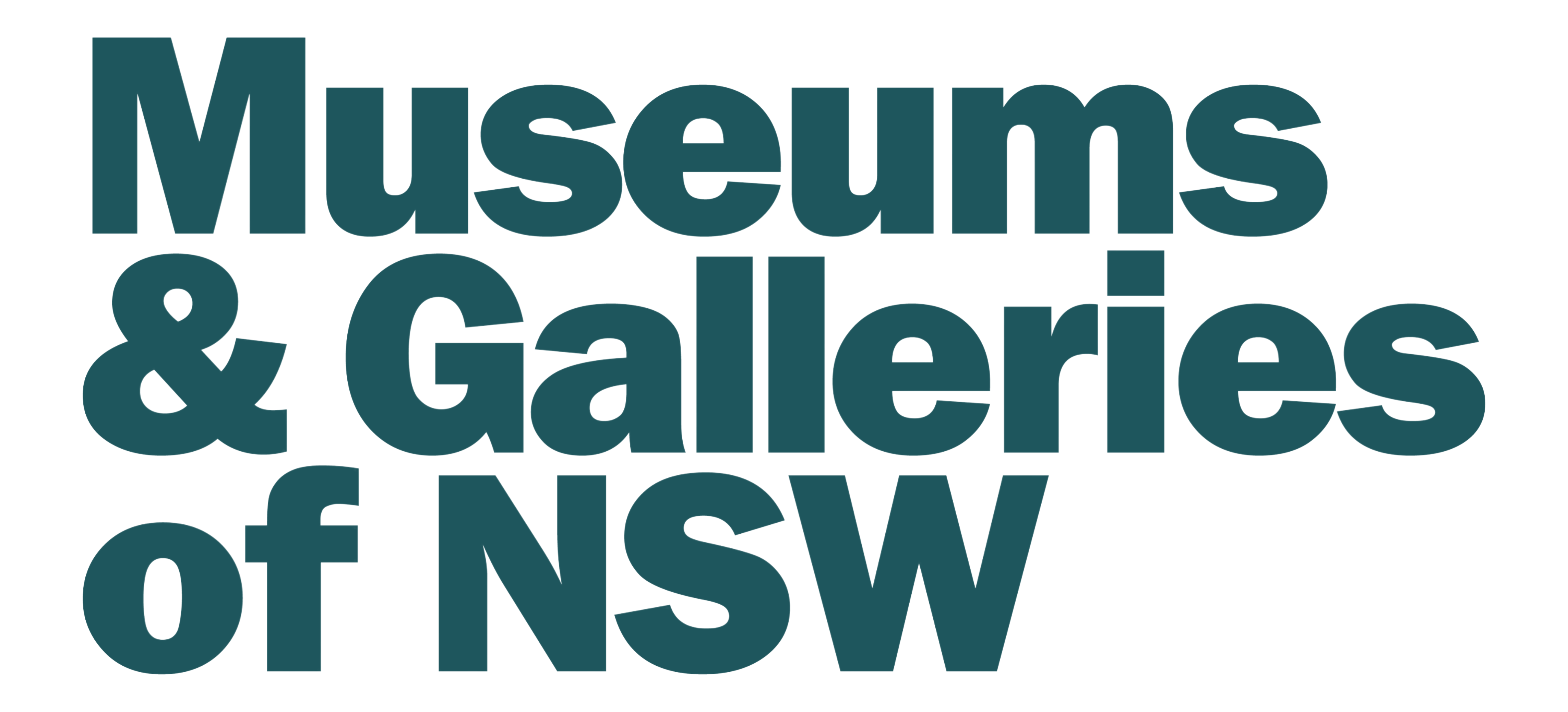Putting together a brief for a consultant
A consultant’s brief is the document used to outline a project to a potential consultant. It is particularly useful if you are approaching several people to tender for a project as it ensures that everyone is working with the same set of information. It’s also a great way to clarify internally that everyone is in agreement about the goals and outcomes for the project.
The brief will need to be tailored to the particular requirements of your project.
The following provides an outline of the areas to be considered when preparing the brief:
Who’s involved?
It may be simply your organisation or it may be in partnership with other organisations. If the project is funded through a grant or if you are acting as a consultant this should be mentioned as well.
What’s it about?
This is the core component of the brief and comprises a 1-3 paragraph outline of the project. The outline should include:
- Scope of work (what is the project to do?)
- Location ( this may be a specific venue, several venues , a region or geographic/demographic spread)
Outcomes
What do you expect to receive from the consultant at the end of the Project? This may be a publication, a report, a workshop or an exhibition.
You may want to provide an idea of the size of the end project (eg: a report of around 50 pages with 10 images, an exhibition of approx. 80m ‘ including 20 theme panels…).
A set of criteria used to identify the success of the project should also be developed.
Methodology
You may require a specific approach to be used such as community consultation, telephone interviews etc. If this is the case this information should be included in the brief. Where individuals/organisations are being consulted about sensitive issues, confidentiality should be outlined.
Resources
Are you providing any resources to the consultant such as access to phone, photocopier, computer, staff assistance from your organisation? If so, what sort of limitations is placed on this access?
Timeframe
What is the timeframe of the project? Is there an approximate start date? Is there a deadline for the completion of the project (remember if this is a grant to provide a completion date at least two weeks prior to the completion of the grant to provide time to tie up the project).
Cost
You may wish to provide information about how much you are able to invest in the project. On the other hand, sometimes there is an advantage in seeing what sort of fee the consultant comes up with, it may be less than you anticipated.
For a larger project you may want to break the payment into two or more components to be paid either at specific dates or when particular milestones have been completed.
In some circumstances it may be appropriate to pay an hourly/daily rate, however you would need to be clear that there is a ceiling on this (“an hourly rate of $x for up to but no more than 100 hours” or put in an upper limit eg $5,000).
Contact person
This should be the person who is going to run the project from your organisation’s perspective.
Inclusions in submission/tender
It’s useful to outline what information you require from the consultant and how it should be presented, as it means the information you receive is more uniform for all consultants which assists in the selection process. What you require will depend on the size and complexity of the project, Things to consider including are:
- Deadline- the closing date for the tender
- Names and details of people working on the project (for a larger project you may require CVs and referees)
- Project outline providing the approach and methodology to the issue being addressed
- Timeframe (which may include a timeline or key dates)
- Cost (which may include a breakdown of expenses and time)
